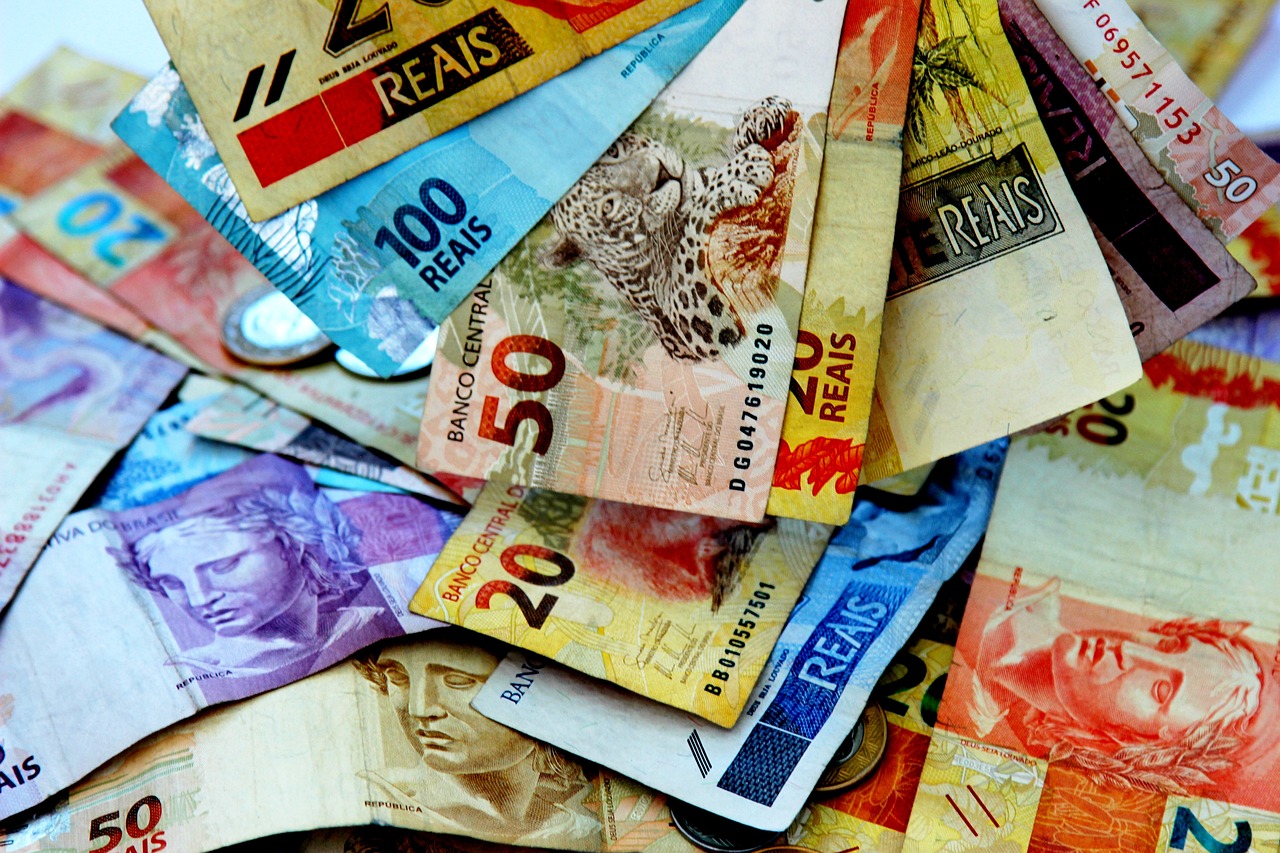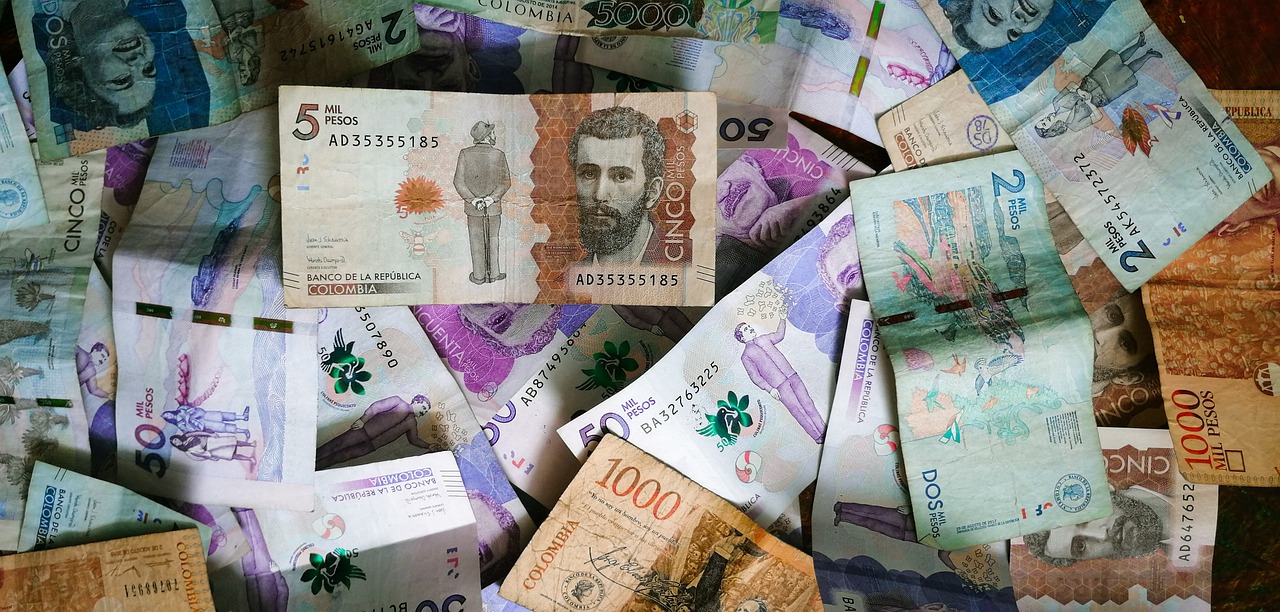USD to HKD Exchange Rate: Key Factors, Impact on Global Markets & Hong Kong Stock Exchange
GPT_Global - 2025-11-02 21:00:56.0 187
How much would 100 USD be in HKD at the current exchange rate?
When sending money from the United States to Hong Kong, one of the key factors to consider is the exchange rate between USD and HKD. The current exchange rate dictates how much your US dollars will be worth once converted to Hong Kong dollars. As of today, 1 USD equals approximately 7.8 HKD. This means that for every 100 USD you send, the recipient in Hong Kong would receive about 780 HKD.
For anyone looking to remit money internationally, understanding the exchange rate is crucial. Exchange rates fluctuate regularly, and even small changes can impact the amount received on the other end. Using a reliable remittance service can help ensure that you are getting the best rates available for your transaction.
Additionally, remittance businesses often charge service fees or add margins to the exchange rate, which can affect the overall amount received. It's essential to research and choose a service that offers competitive exchange rates and low fees to maximize the value of your transfer.
In conclusion, knowing how much your 100 USD will convert to in HKD is important for ensuring that your recipient gets the most out of the transaction. Stay informed and choose a trustworthy remittance service to make your money transfer seamless and cost-effective.

How do changes in interest rates in the U.S. impact the USD to HKD rate?
Changes in interest rates in the U.S. have a significant impact on the USD to HKD exchange rate, affecting global remittance flows. When the U.S. Federal Reserve raises interest rates, the U.S. dollar typically strengthens. This is because higher interest rates offer better returns on investments in U.S. assets, attracting foreign capital. As a result, demand for the U.S. dollar increases, raising its value against other currencies, including the Hong Kong Dollar (HKD).
On the other hand, if the Fed lowers interest rates, the opposite occurs. Lower rates can reduce the appeal of U.S. investments, leading to a weaker U.S. dollar. This can cause the USD/HKD exchange rate to fall, making the U.S. dollar less valuable relative to the Hong Kong Dollar.
For remittance businesses, these fluctuations in exchange rates play a crucial role in determining how much money a sender can send and how much the recipient will receive. Understanding interest rate changes allows remittance providers to offer better services, adjust transfer fees, and advise customers on the best times to send money, maximizing the value of their remittance.
How does the trade deficit or surplus between the U.S. and Hong Kong influence the USD to HKD rate?
Understanding the trade balance between the U.S. and Hong Kong is crucial for anyone involved in the remittance business. A trade deficit or surplus directly impacts the USD to HKD exchange rate. When the U.S. runs a trade deficit with Hong Kong, it means more dollars are flowing out of the U.S. economy, potentially weakening the USD against the HKD.
On the other hand, if the U.S. maintains a trade surplus with Hong Kong, there is more demand for USD as American goods and services are exported. This increased demand for USD could lead to the strengthening of the U.S. dollar against the Hong Kong dollar.
For remittance businesses, these fluctuations can affect the cost of sending money between the U.S. and Hong Kong. A strong USD can make remittances cheaper for senders, while a weaker USD might increase transfer costs. Monitoring the trade balance and understanding how it affects currency values can help businesses better manage their exchange rates and offer competitive remittance services.
How can I convert USD to HKD without incurring high fees?
Converting USD to HKD without high fees is a crucial concern for anyone looking to send money internationally. Whether you’re sending remittances to loved ones or conducting business, finding a low-cost solution can save you a substantial amount. Here are a few ways to minimize fees when converting currencies.
One of the best ways to avoid high fees is by choosing a remittance service with competitive exchange rates and low or no transfer fees. Some services even offer fee-free transfers, especially for specific amounts or regions. It's essential to compare these services to ensure you’re getting the best deal.
Another option is using online money transfer platforms that offer more transparent pricing. These services often offer lower fees compared to traditional banks. They typically provide better exchange rates, which means you’ll get more HKD for your USD.
Lastly, using digital wallets or peer-to-peer networks can also help reduce conversion fees. These methods often come with lower fees than banks, especially for smaller transfers, making them ideal for remittances to Hong Kong.
In conclusion, researching and choosing the right money transfer service with low fees and great exchange rates can ensure you convert USD to HKD cost-effectively.
What is the role of forex markets in the USD to HKD exchange rate?
The forex market plays a crucial role in determining the USD to HKD exchange rate, which directly impacts international remittances between the United States and Hong Kong. As one of the most traded currency pairs, the USD/HKD rate is influenced by market demand, supply, and the Hong Kong Monetary Authority’s (HKMA) currency peg system. This system stabilizes the Hong Kong dollar by keeping its value within a narrow band against the U.S. dollar.
For remittance businesses, understanding forex market movements is essential to offering competitive exchange rates and minimizing transaction costs. When the USD strengthens, recipients in Hong Kong may receive fewer HKD for each dollar sent, while a weaker USD can increase remittance value. Businesses that monitor forex trends can help customers send money at more favorable times, improving satisfaction and trust.
Moreover, remittance companies often use forex hedging strategies to manage currency risk and ensure stable transfer rates. By leveraging real-time forex data and market insights, remittance services can provide transparent and efficient cross-border transactions. Ultimately, the forex market serves as the backbone of the USD to HKD exchange rate, shaping how effectively money moves between individuals and businesses across borders.
Is there a big difference in the exchange rate for USD to HKD in different countries?
When it comes to international money transfers, one common question is whether there’s a big difference in the exchange rate for USD to HKD in different countries. The answer is yes; exchange rates can vary depending on several factors, including the country where the transaction takes place, the service provider, and the economic conditions of both the sending and receiving nations.
For example, remittance businesses in countries with high demand for USD may offer more competitive rates compared to regions where the currency is less popular. Additionally, local banks and money transfer services may charge different fees or add a margin to the exchange rate. This can cause the actual rate you receive to be higher or lower than the market average.
It’s important to shop around and compare exchange rates when sending money internationally. A small difference in rates can add up, especially when transferring large amounts. Working with a reputable remittance provider who offers transparent rates and low fees ensures you get the best value for your USD to HKD transactions.
How does the USD to HKD exchange rate affect the Hong Kong stock market?
The USD to HKD exchange rate plays a crucial role in shaping Hong Kong’s financial environment, especially the stock market. Since the Hong Kong Dollar is pegged to the US Dollar within a narrow range, any fluctuations in the USD can influence investor sentiment and capital flows. A stronger USD often attracts foreign investors to Hong Kong’s stock market, while a weaker USD may encourage local investors to move funds elsewhere.
For those involved in international remittance, understanding this exchange rate is essential. When the USD strengthens, remitting money to Hong Kong can become more expensive, affecting both businesses and individuals who transfer funds for investment or family support. On the other hand, a weaker USD makes sending money to Hong Kong more cost-effective, potentially boosting remittance volume and cross-border transactions.
Overall, monitoring the USD to HKD exchange rate helps investors, traders, and remittance businesses make smarter financial decisions. By keeping an eye on currency movements, businesses can plan better remittance strategies, minimize costs, and seize market opportunities in Hong Kong’s dynamic economy.
About Panda Remit
Panda Remit is committed to providing global users with more convenient, safe, reliable, and affordable online cross-border remittance services。
International remittance services from more than 30 countries/regions around the world are now available: including Japan, Hong Kong, Europe, the United States, Australia, and other markets, and are recognized and trusted by millions of users around the world.
Visit Panda Remit Official Website or Download PandaRemit App, to learn more about remittance info.



